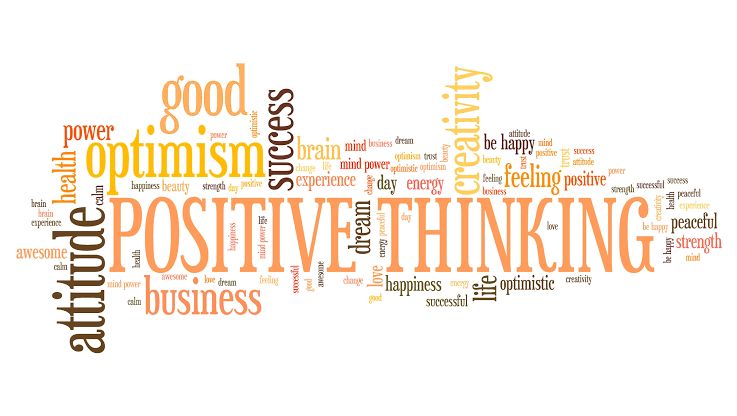The Power Of Pragmatic Optimism
May 03, 2019 • 69 views


Our literature is filled with lots of examples like these, of hoping against hope. Human history too endorses many such incidents, like
JK Rowling had 12 rejections of Harry Potter before someone accepted it and published it.
On failing 1000 times to create a light bulb, Thomas Alva Edison said,"I have not failed. I've just found 10,000 ways that won't work".
This is what we call optimism!!

Definition:
Optimism comes from the Latin word optimus, meaning "best," which describes how an optimistic person is always looking for the best in any situation and expecting good things to happen. It is not blind faith, but rather the ability to be hopeful about the future;to channel your own capabilities, towards building a brighter future for yourself.
It is a helpful attitude towards life, oneself, and others, because it allows you to consider all the ways in which you can be successful, in whatever you have taken up. That may be improving your mental health, building better relationships, your physical image, a hobby, etc.
Now, one may think that being optimistic is being delusional and anti-pragmatism. But, that's not the case; the correct combination of positive thinking and pragmatism , i.e., pragmatic optimism always leads one to success and happiness.


Let's decode the power of inculcating a positive approach by knowing about the following benefits of optimism:
1. Optimism is a stress buster
A 2015 study conducted in the United States found that optimistic people were twice as likely to have strong cardiovascular health because they had lower levels of stress hormones, exercised more and were less likely to smoke.
2. It strengthens immunity and increases dopamine levels
According to a 2010 University of Kentucky study that monitored the link between the immune systems of first-year law students and their hopeful approach to their studies, positive expectations for the future can help strengthen immunity.
Also, dopamine, the feel-good hormone, begins to fade as we age—beginning in our thirties. Positive thinking promotes it's production. Dopamine makes us happy, increases motivation, and is even responsible for giving entrepreneurs the courage to take risks. Now this is a big deal.
3. It makes us see failure as a new start
Failure is not the end, in fact it is often the beginning of something great.Pessimists see it as something shattering their lives, while optimists view it as a new experience, an opportunity to learn.

Optimists tend to share several other positive characteristics that increase overall happiness, like:
They think about, reflect on, and emphasize the good things in life.
They are grateful and thankful for all their blessings.
They don’t complain when something bad happens.
They feel that nothing can hold them back from achieving success and reaching their goals.
They believe in abundance.
They are confident that the world offers plenty of opportunities for everyone to succeed.
The Power of Positive Thinking: Change Your Thinking, Change Your Life
Luckily, one can learn to be optimistic and pragmatic at the same time, by inculcating above attributes in oneself.ThePower of Positive Thinkingis a self-help book by Norman Vincent Peale, originally published in 1952. It makes use ofpositivecase histories and practical instructions to propose the method ofpositive thinking.
Life is too short to sit around dwelling in unhappiness, and being miserable. Every day is a joyous occasion, so celebrate your existence!!
As Rabindranath Tagore once said,
